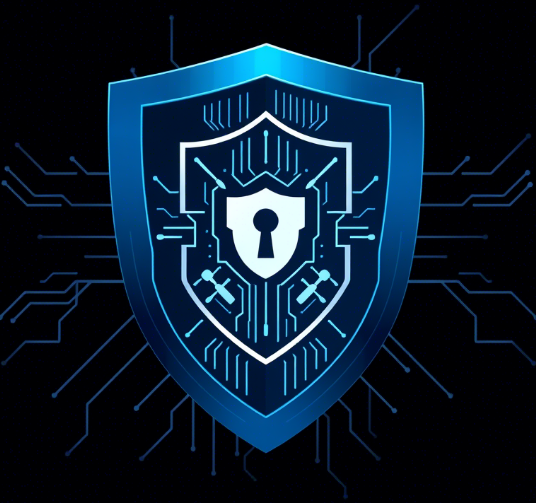In today’s technologically advanced era, the pervasive adoption of smartphones and tablets has revolutionized the way individuals communicate, access information, and perform various tasks. However, this increased reliance on mobile devices also brings about potential security risks that can compromise personal information, privacy, and even financial well-being. Therefore, it is essential for individuals to prioritize mobile device security and take proactive measures to safeguard their devices and data.
One fundamental aspect of mobile device security is the establishment of robust passcodes.
A passcode acts as the first line of defense against unauthorized access to a device. It is crucial to create a passcode that is sufficiently complex and not easily guessable. A strong passcode should consist of a combination of letters, numbers, and special characters, and it should be unique to the device. By utilizing a strong passcode, individuals can significantly reduce the risk of unauthorized access to their mobile devices.
Another vital security measure is enabling device encryption. Encryption converts the data stored on a mobile device into an unreadable format, making it nearly impossible for unauthorized individuals to decipher the information. By enabling device encryption, individuals can ensure that their personal data remains protected, even if their device falls into the wrong hands. Most modern smartphones and tablets offer built-in encryption features, and it is crucial to activate this functionality to enhance device security.
Furthermore, individuals should exercise caution when downloading apps and software onto their mobile devices. It is recommended to obtain applications exclusively from official and reputable sources such as the Apple App Store or Google Play Store. These platforms employ strict security measures to minimize the presence of malicious software, often conducting thorough checks on the apps before making them available for download. Downloading apps from unofficial or unknown sources significantly increases the risk of downloading malware or potentially harmful software onto the device. It is advisable to scrutinize app reviews, check the developer’s credibility, and verify permissions requested by the app before installation.
Regularly updating the operating system and applications on mobile devices is another crucial practice to ensure security. Software updates often include patches and fixes for identified vulnerabilities, addressing potential security loopholes that could be exploited by malicious actors. By keeping their devices up to date, individuals can benefit from the latest security enhancements and minimize the risk of falling victim to known security vulnerabilities.
To avoid any breaches and maintain robust mobile device security, individuals should also consider implementing additional security measures such as enabling two-factor authentication (2FA) for device access or sensitive applications. Two-factor authentication provides an extra layer of security by requiring individuals to provide a second form of verification, such as a unique code sent to their registered email or a biometric authentication method like fingerprint or facial recognition. Implementing 2FA reduces the risk of unauthorized access, even if someone manages to obtain the device’s passcode.
Furthermore, individuals should exercise caution when connecting to public Wi-Fi networks, as they can be vulnerable to eavesdropping and man-in-the-middle attacks. It is advisable to avoid accessing sensitive information or performing financial transactions when connected to public Wi-Fi networks. Instead, individuals should utilize virtual private network (VPN) services that encrypt internet traffic and provide a secure connection, thereby minimizing the risk of data interception.
In conclusion, ensuring mobile device security is paramount in today’s interconnected world. By setting up strong passcodes, enabling device encryption, being cautious about app downloads, regularly updating software, and considering additional security measures like two-factor authentication and VPNs, individuals can significantly reduce the risk of breaches and protect their personal information, privacy, and digital well-being. It is essential to remain vigilant and stay informed about emerging security threats to adapt security practices accordingly.

Leave a Reply